In A Price System Relative Prices
In a price system relative prices. Relative prices do not signal information about changes in market conditions. Resource allocation addresses how land capital and labor are spent in the production of goods and services. Relative prices are set by central planners based on projected supply and demand.
Relative prices change infrequently due to transaction costs. Relative prices change constantly to reflect changes in supply and demand. In a price system A.
Relative prices change constantly to. Global food prices remain high partly due to increasing fuel prices and the World Banks Food Price Index is around its 2008 peak. In a price system A.
Crelative prices are set by central planners based on projected supply and demand. Principles of Microeconomics ECO-202-55BL Homework. 1 of 1 pt Concept Question 19 In a price system O A.
B relative prices do not signal information about changes in market conditions. Completely logical people will make purchasing decisions by considering the relative prices of their options. The interchange of these two sets of prices establish market value and serve to guide the rationing of resources distributing income and allocating resources.
Relative prices change infrequently due to transaction costs. Changes in the prices of inputs bring about changes in the prices of product as well as in the demand pattern of consumers through the price system. In a price system Arelative prices do not signal information about changes in market conditions.
1 question In a price system arelative prices change infrequently due to transaction costs. In turn relative prices for the productive services are established.
B relative prices do not signal information about changes in market conditions.
In a price system A. Relative price is the price of something compared to something else. B relative prices do not signal information about changes in market conditions. Chapter 4 Homework Score. In this way the price system acts as it were like a marvellous computer registering peoples preferences for different goods transmitting these preferences to firms moving resources to produce the goods and deciding who shall obtain the final products. Relative prices change infrequently due to transaction costs. In a price system A. Resource allocation addresses how land capital and labor are spent in the production of goods and services. Relative prices change constantly to.
Relative prices change infrequently due to transactions costs. Relative prices change infrequently due to transaction costs. Relative prices do not signal information about changes in market conditions. In other words it is the ratio of two prices. In a price system. Relative prices change constantly to reflect changes in supply and demand. 1 question In a price system arelative prices change infrequently due to transaction costs.

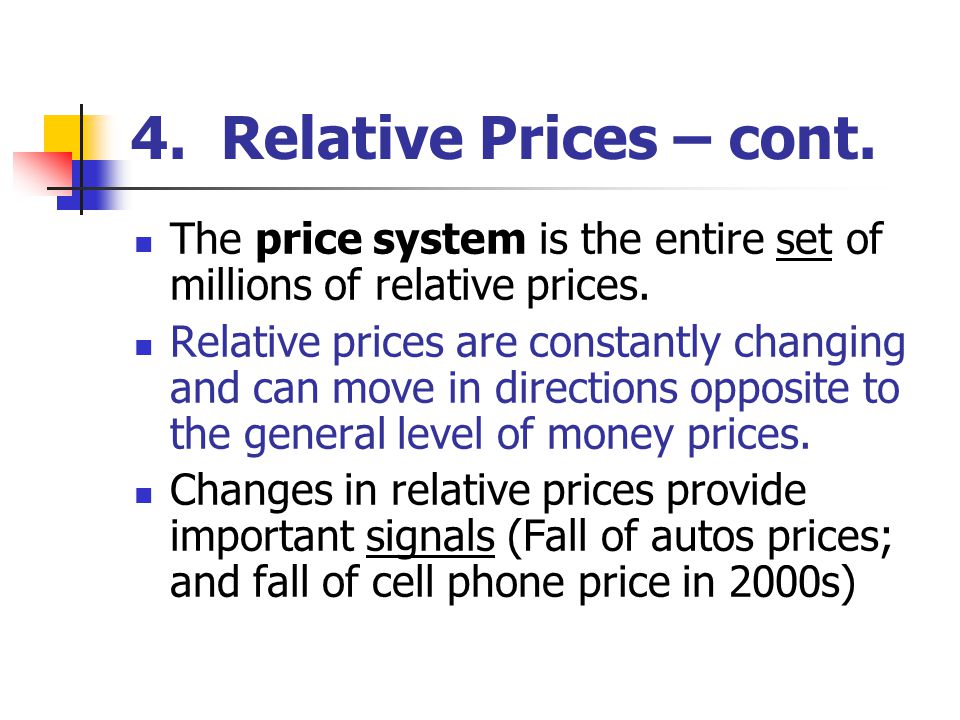







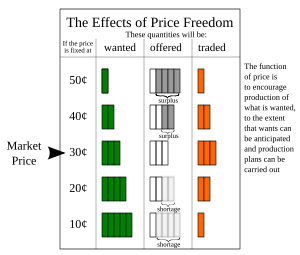

















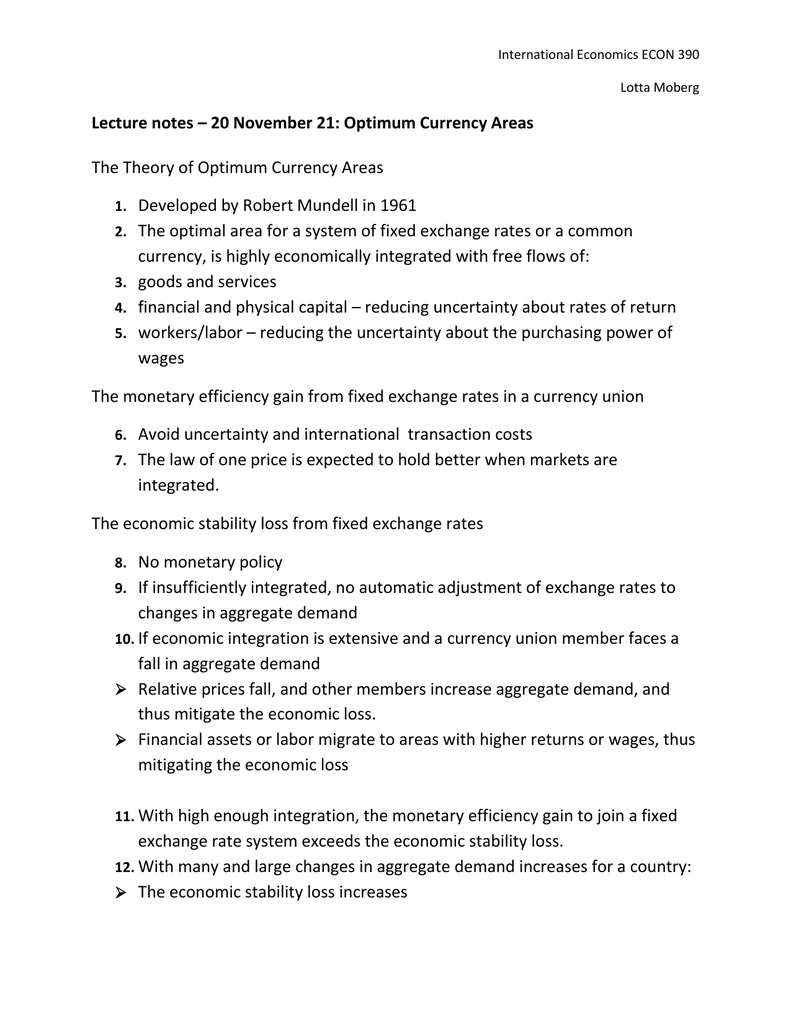

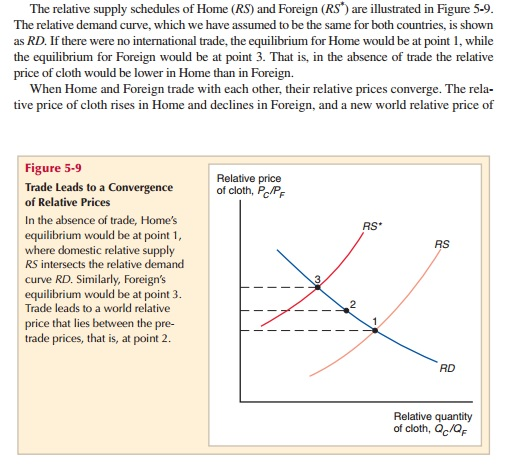





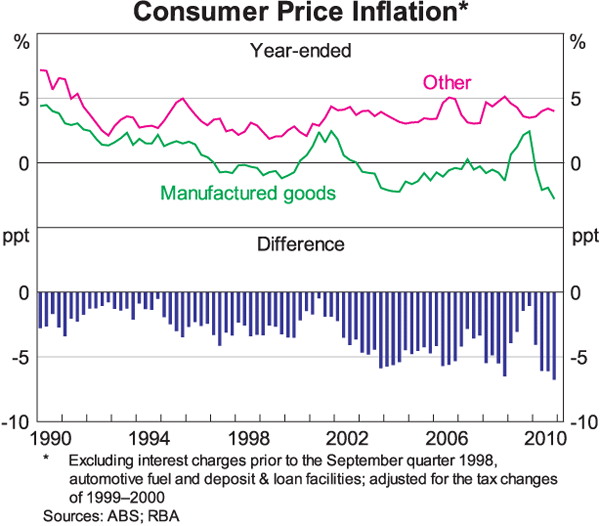



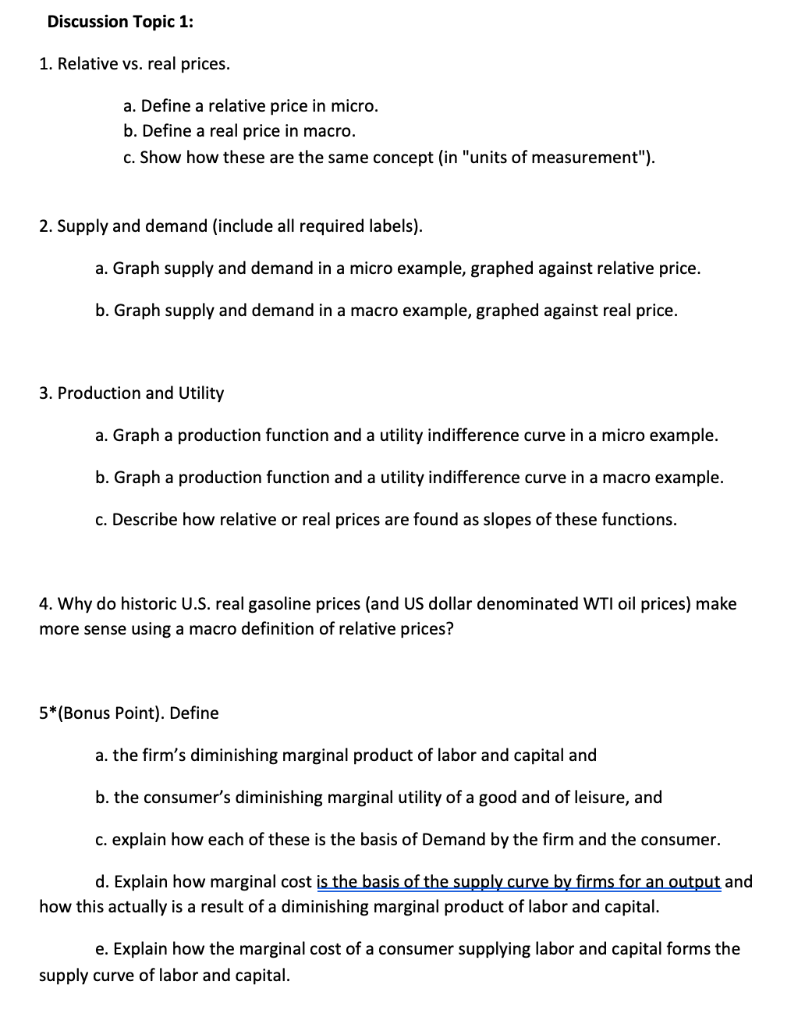




Post a Comment for "In A Price System Relative Prices"